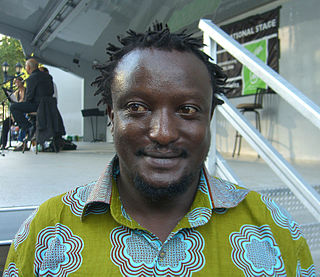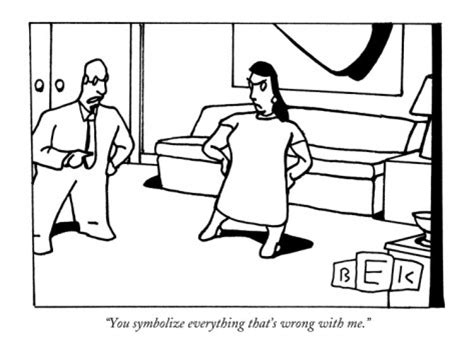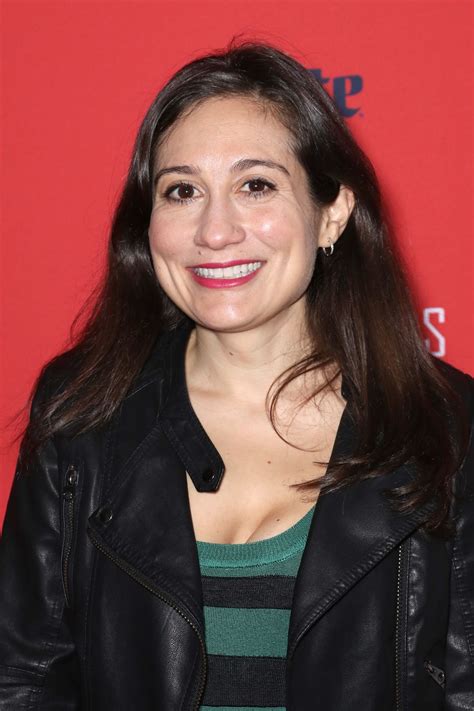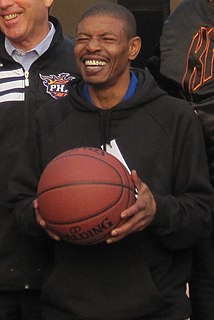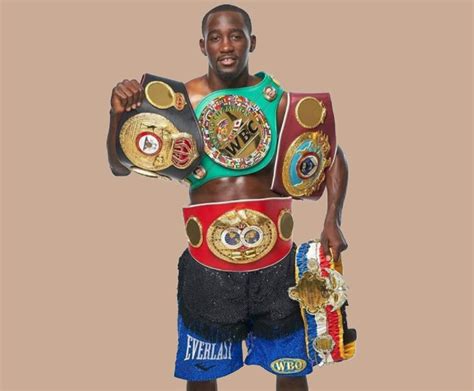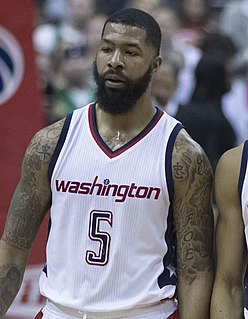A Quote by Binyavanga Wainaina
I knew I didn't want to come out in the 'New Yorker'; it just felt wrong. It needed an African conversation.
Related Quotes
Another example of what I have to put up with from him. But there was a time I was mad at all my straight friends when AIDS was at its worst. I particularly hated the New Yorker, where Calvin [Trillin] has published so much of his work. The New Yorker was the worst because they barely ever wrote about AIDS. I used to take out on Calvin my real hatred for the New Yorker.
I knew what Saint Dane was sensing. I knew why he was confused. he thought I was done. He thought we were done. He was wrong, and that's what he was sensing. He felt our presence. I figured I might as well confirm things for him. "Pendragon, don't--," Patrick warned. I stepped out fron behind the pillar into the light. "Man, that suit is just wicked cool!" I called out.
